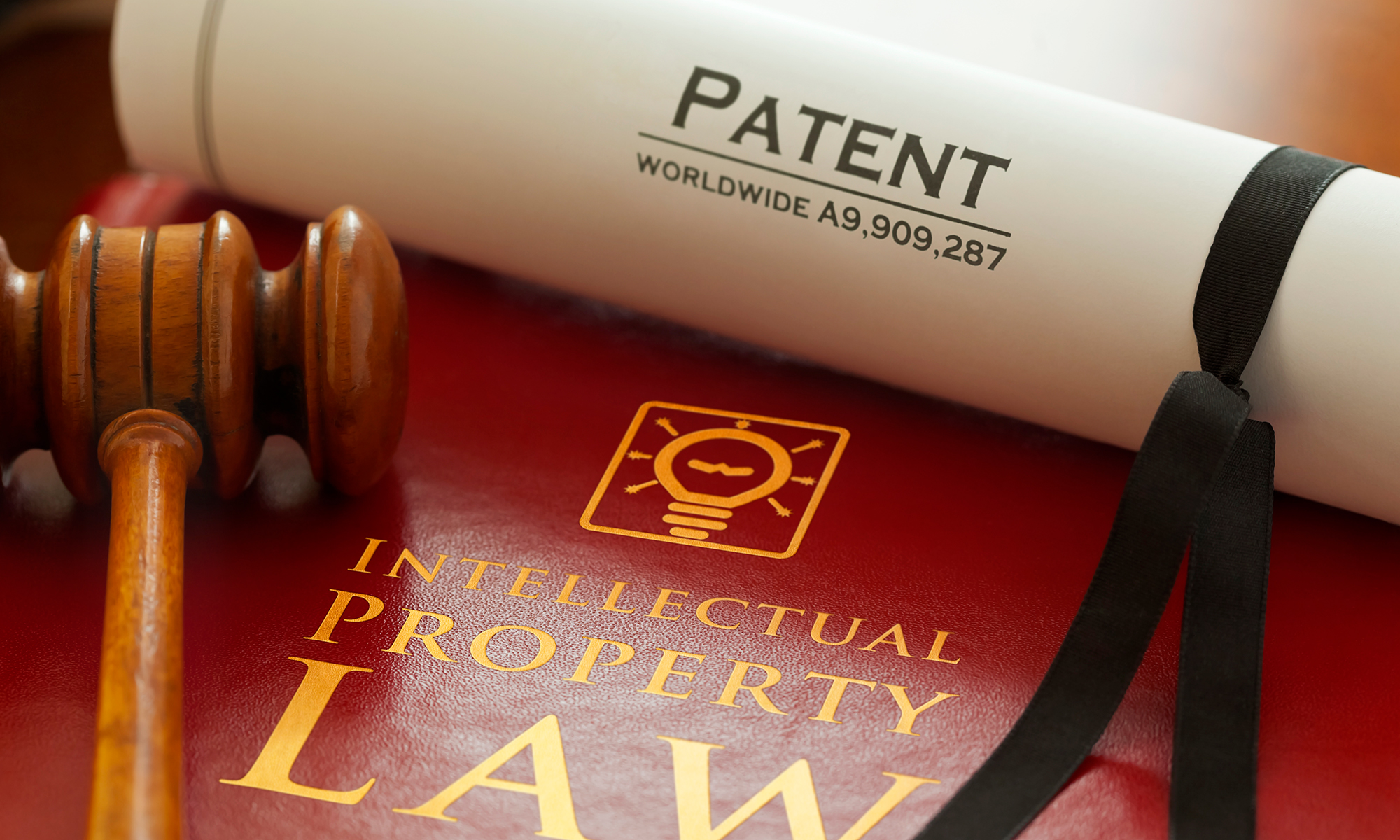When a patent or patent family is subject to multiple validity challenges, a petitioner in an inter partes review may seek to assert collateral estoppel to preclude relitigation of issues decided in a previous proceeding. Collateral estoppel, which is also called issue preclusion, is appropriate where: “(1) the issue is identical to one decided in the first action; (2) the issue was actually litigated in the first action; (3) resolution of the issue was essential to a final judgment in the first action; and (4) [the party against whom issue preclusion is asserted] had a full and fair opportunity to litigate the issue in the first action.” In re Freeman, 30 F.3d 1459, 1465 (Fed. Cir. 1994). Collateral estoppel is “premised on principles of fairness,” which leaves considerable latitude to the PTAB in deciding whether to apply the doctrine.
A recent panel at the PTAB exercised its discretion when declining to apply collateral estoppel in BioDelivery Sciences International, Inc. v. MonoSol Rx, LLC. IPR2015-00169, Paper 69, 15-20 (P.T.A.B. March 24, 2016). In BioDelivery, the challenged patent (U.S. No. 8,765,167) was related to a patent which previously had all claims invalidated by the PTAB an inter partes reexamination. Since the challenged patent and invalidated patent contained similar claim language, the IPR petitioner sought to preclude relitigating the validity of the challenged patent’s claims in view of the same prior art that was applied during the reexamination.
The IPR panel in BioDelivery declined to apply collateral estoppel for two reasons. First, the panel found that the reexamination and the inter partes review were not dealing with identical issues. The challenged claim in the IPR claimed an oral film for the delivery of an active ingredient having:
“a substantially uniform distribution of … said active component [which] is measured by substantially equal sized individual unit doses which do not vary by more than 10% of said desired amount of said active component.”
In contrast, the independent claim invalidated during the reexamination merely recited:
“[a] substantially uniform content of therapeutic active composition per unit of film.”
Thus, the panel in BioDelivery found that the claim language was insufficiently similar and the previous reexamination decision “did not resolve the issue of whether [the prior art] met … the claim language at issue in this proceeding.” Paper 69, 18.
The second reason the panel denied application of collateral estoppel has potentially broader implications. Citing the Restatement (Second) of Judgments, the panel noted that collateral estoppel “may be inappropriate when the forum in the second action affords the party against whom preclusion is asserted procedural opportunities in the presentation and determination of the issues that were not available in the first action and could likely result in the issue being differently determined.” Paper 69, 16 (quotation omitted). The panel then found that inter partes reviews “offer[] a significant procedural opportunity to the parties that was not available in the prior inter partes reexamination.” Id. at 17. Specifically, the panel found that the opportunity to cross-examine an affiant was a procedural opportunity which weighed strongly against the application of collateral estoppel.
Although panel decisions are generally not precedential, the decision in BioDelivery could potentially be problematic for future assertions of collateral estoppel from a reexamination to an AIA proceeding because the panel’s logic that cross-examination is a significant procedural opportunity would weigh against application of the doctrine.
